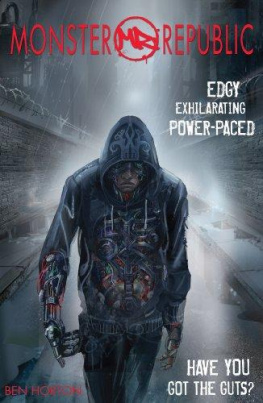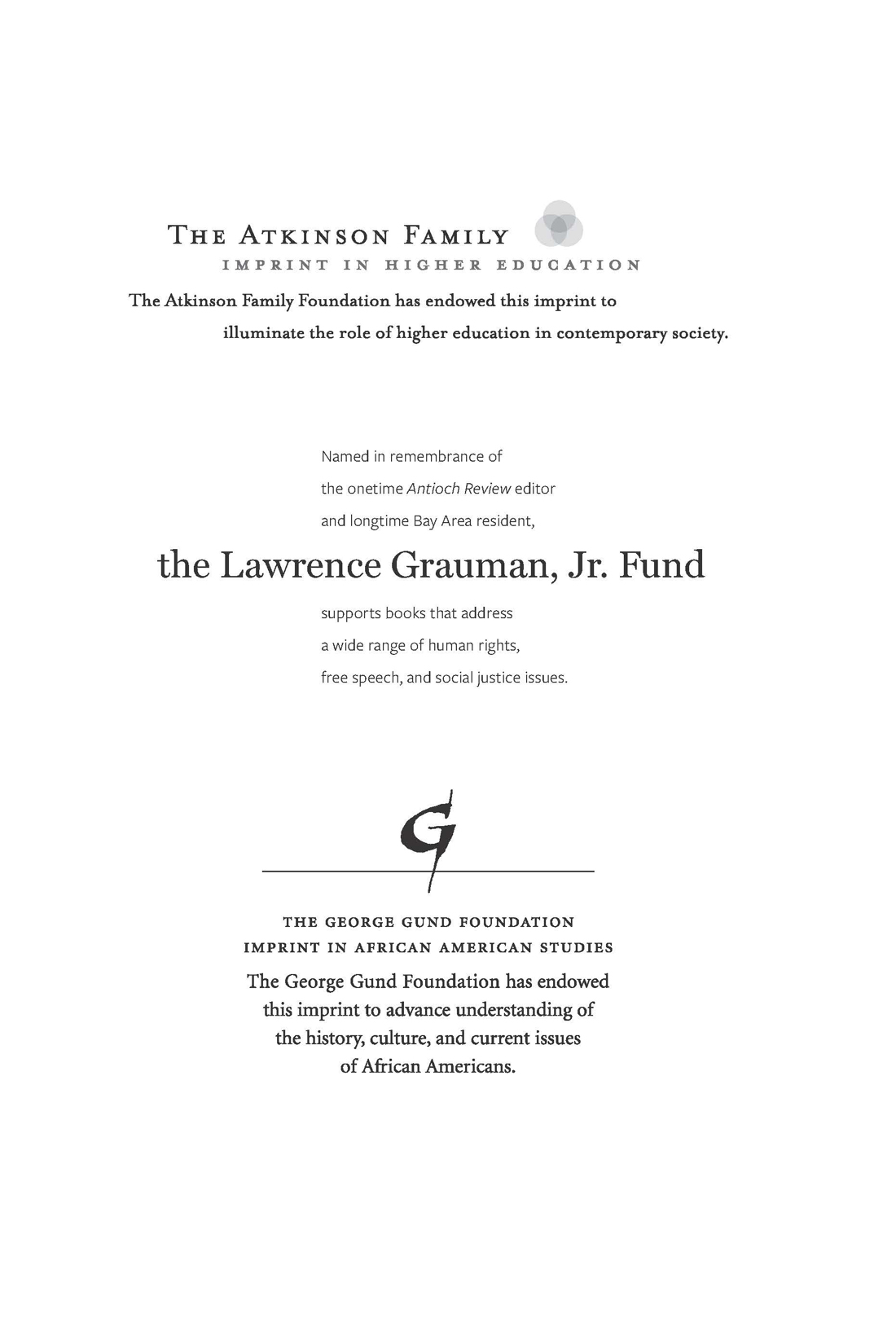Stephen Preskill - Education in Black and White: Myles Horton and the Highlander Centers Vision for Social Justice
Here you can read online Stephen Preskill - Education in Black and White: Myles Horton and the Highlander Centers Vision for Social Justice full text of the book (entire story) in english for free. Download pdf and epub, get meaning, cover and reviews about this ebook. year: 2021, publisher: University of California Press, genre: Detective and thriller. Description of the work, (preface) as well as reviews are available. Best literature library LitArk.com created for fans of good reading and offers a wide selection of genres:
Romance novel
Science fiction
Adventure
Detective
Science
History
Home and family
Prose
Art
Politics
Computer
Non-fiction
Religion
Business
Children
Humor
Choose a favorite category and find really read worthwhile books. Enjoy immersion in the world of imagination, feel the emotions of the characters or learn something new for yourself, make an fascinating discovery.
- Book:Education in Black and White: Myles Horton and the Highlander Centers Vision for Social Justice
- Author:
- Publisher:University of California Press
- Genre:
- Year:2021
- Rating:4 / 5
- Favourites:Add to favourites
- Your mark:
Education in Black and White: Myles Horton and the Highlander Centers Vision for Social Justice: summary, description and annotation
We offer to read an annotation, description, summary or preface (depends on what the author of the book "Education in Black and White: Myles Horton and the Highlander Centers Vision for Social Justice" wrote himself). If you haven't found the necessary information about the book — write in the comments, we will try to find it.
For too long, the story of life-changing teacher and activist Myles Horton has escaped the public spotlight. An inspiring and humble leader whose work influenced the civil rights movement, Horton helped thousands of marginalized people gain greater control over their lives. Born and raised in early twentieth-century Tennessee, Horton was appalled by the disrespect and discrimination that was heaped on poor peopleboth black and whitethroughout Appalachia. He resolved to create a place that would be available to all, where regular people could talk, learn from one another, and get to the heart of issues of class and race, and right and wrong. And so in 1932, Horton cofounded the Highlander Folk School, smack in the middle of Tennessee.
The first biography of Myles Horton in twenty-five years, Education in Black and White focuses on the educational theories and strategies he first developed at Highlander to serve the interests of the poor, the marginalized, and the oppressed. His personal vision keenly influenced everyone from Rosa Parks and Martin Luther King, Jr., to Eleanor Roosevelt and Congressman John Lewis. Stephen Preskill chronicles how Horton gained influence as an advocate for organized labor, an activist for civil rights, a supporter of Appalachian self-empowerment, an architect of an international popular-education network, and a champion for direct democracy, showing how the example Horton set remains educations best hope for today.
Stephen Preskill: author's other books
Who wrote Education in Black and White: Myles Horton and the Highlander Centers Vision for Social Justice? Find out the surname, the name of the author of the book and a list of all author's works by series.

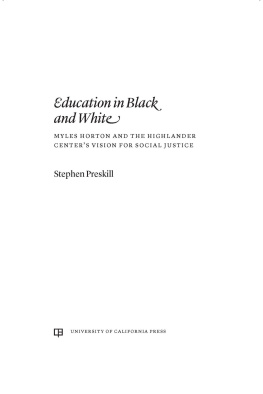

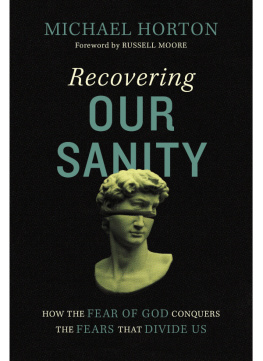
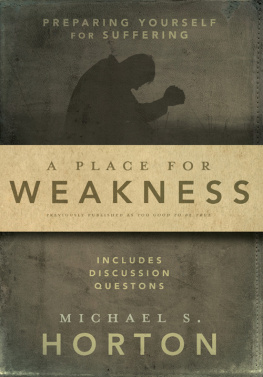
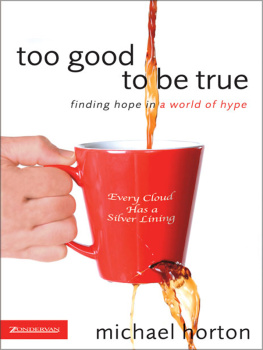
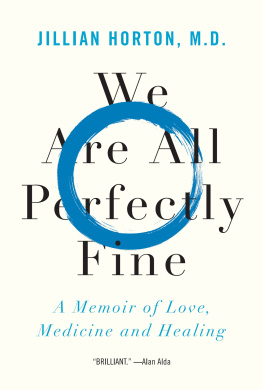
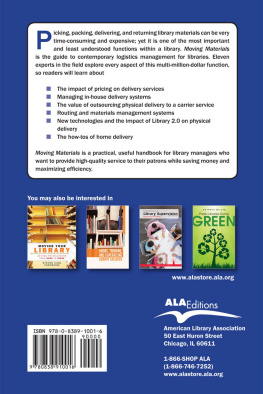

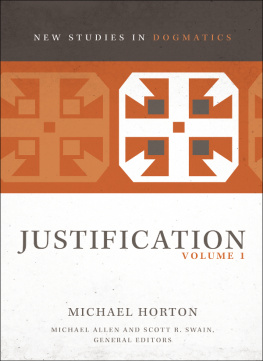
![Ivor Horton [Ivor Horton] - Ivor Horton’s Beginning Java®, Java 7 Edition](/uploads/posts/book/119392/thumbs/ivor-horton-ivor-horton-ivor-horton-s.jpg)
